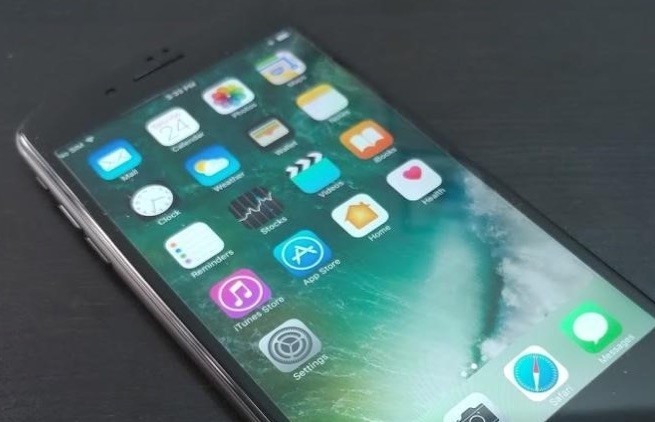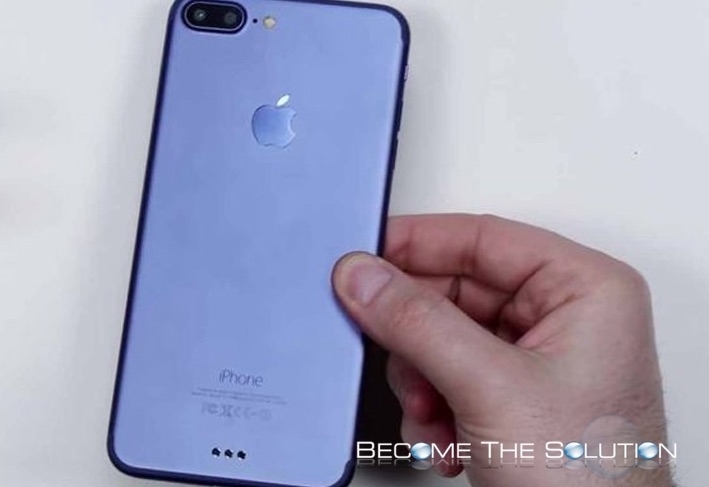Why The US Law Is Silent On the Use of Stingray Devices and Spy Apps
After 9/11, United states was blown by the fact that they had a security breach, reflecting on how poorly they have designed their surveillance for domestic use. This historical incident killed nearly 2977 (DUNLAP, 2008) (Library, 2016) people and left more than 6000 wounded (McCoy, 2015), and it was enough to speak up on the matter of National Security. Though the Project SHAMROCK (Security, 2005) and Black Chamber were part of National Security Policy to control and decrypt the traffic since 1945, yet, in 1952 (GLASS, 2010), the US government established NSA to fully control and track the national and international interest in diplomatic ties.
The institutional Domestic Surveillance was already a part of US security agenda but it later converted into FBI, a fully-grown secret agency to monitor masses. The use of wire taps, cable taps, mail tampering, garbage filtering and infiltrators helped the intelligence agency to prepare FBI Index Lists on more than 10 million Americans by 1939. The FBI expanded under different leaderships and even grew to control cross-border security concerns by 1990s.
However, 9/11, left a lasting impact that these agencies were incapable of controlling minds which dare to terrorize masses. When the airplanes hit the Twin Tower, few knew that how an intelligence agency can fail to reach the mind of a common man. This is where the FBI and other private secret agencies realized the need for mass surveillance, building the base for decrypting foreign, institutional and domestic communication.
However, spying is now penetrated in commoners, because the mindset of “no security” has made many people counter it with surveillance. Which is why the mass surveillance has found its roots in every US citizen. The US police, newsrooms, airports, hotels and houses, all are relying on monitoring, where they use tracking devices to keep hold of masses.
These undetectable iPhone spy apps like XNSPY, give you a very legit solution on how you can spy on others. Unlike stingray devices, these apps have official websites which have Privacy Policy or User License Agreement to protect any breach. They also emphasize to build Mutual Consent with target device holder to build a legal base for both institutional and domestic use.
It is highly likely that most of these undetectable iPhone spy apps are more powerful than Stingray devices as they not only remotely track call logs and text messages of the target device, but they also monitor internet messaging apps including WhatsApp, Viber and Facebook. However, it is still controversial, if Stingray devices can also trespass these limits.

Some of these apps like XNSPY has location tracking just as the Stingray devices help you to monitor the existing location of the target device. However, a few undetectable iPhone spy apps will not allow you to see current location, rather provide a location data based on Location History.
Ominous, but who can stop it? Not even the current US lawmakers are talking about these intrusions. In 2013, the whistleblowers did publicize how public communication was intercepted on a massive scale since 9/11 and succeeded to pass US Freedom Act in 2015 (Rights, 2016). This Act mandated the NSA to end the collection of metadata from phone companies but allowed to continually retain the collection of the metadata with access by the government with case-by-case approval from the Foreign Intelligence Surveillance Court.
The doctrine of necessity has made many constitutional and law making bodies to keep their mouth shut on the matter, despite the fact that US Freedom Act was passed to ensure public’s privacy.
But if we see the operational capacity of Stingray devices and undetectable iPhone spy apps, we learn why there is a dire need of regulation. These tracking tools clearly violate and trespass how people should be monitored. Even if the use of Stingray device is highly applicable to both police, domestic investigators and secret agencies at various level, we still believe, the mass surveillance is to be stopped.
The crucial aspect is nobody takes consent when spying, even when the spy apps legally bind you to do this. Thus, the legality is usually compromised on the ground, there is no rule to spying, and if there is any, how can you spy? The simple yet basic arguments give US regulators a reason to stay silent on Stingray and spy apps at all fronts.
DUNLAP, D. W. (2008, July 10). https://cityroom.blogs.nytimes.com/2008/07/10/the-toll-from-911-grows-again/. Retrieved from https://cityroom.blogs.nytimes.com: https://cityroom.blogs.nytimes.com/2008/07/10/the-toll-from-911-grows-again/
GLASS, A. (2010, April 11). http://www.politico.com/story/2010/11/the-national-security-agency-is-established-nov-4-1952-044671. Retrieved from http://www.politico.com: http://www.politico.com/story/2010/11/the-national-security-agency-is-established-nov-4-1952-044671
Library, C. (2016, September 8). http://edition.cnn.com/2013/07/27/us/september-11-anniversary-fast-facts/index.html. Retrieved from http://edition.cnn.com: http://edition.cnn.com/2013/07/27/us/september-11-anniversary-fast-facts/index.html
McCoy, K. (2015, September 9). https://www.usatoday.com/story/news/2015/09/09/911-death-and-injury-total-still-rising/71943340/. Retrieved from https://www.usatoday.com: https://www.usatoday.com/story/news/2015/09/09/911-death-and-injury-total-still-rising/71943340/
Rights, B. T. (2016, Decemeber 17). http://www.huffingtonpost.com/the-center-for-constitutional-rights/surveillance-after-the-us_b_8827952.html. Retrieved from http://www.huffingtonpost.com: http://www.huffingtonpost.com/the-center-for-constitutional-rights/surveillance-after-the-us_b_8827952.html
Security, S. o. (2005, December 29). https://www.schneier.com/blog/archives/2005/12/project_shamroc.html. Retrieved from https://www.schneier.com: https://www.schneier.com/blog/archives/2005/12/project_shamroc.html


Comments 1
Thank you so much for sharing such an informative article. I just read a post here last night: http://newscrux.com/2017/08/3-android-spying-apps-having-big-list-of-features/, actually i want to buy this kind of app, but i am little confused. Is anyone here to suggest me the right app/software? Thank you